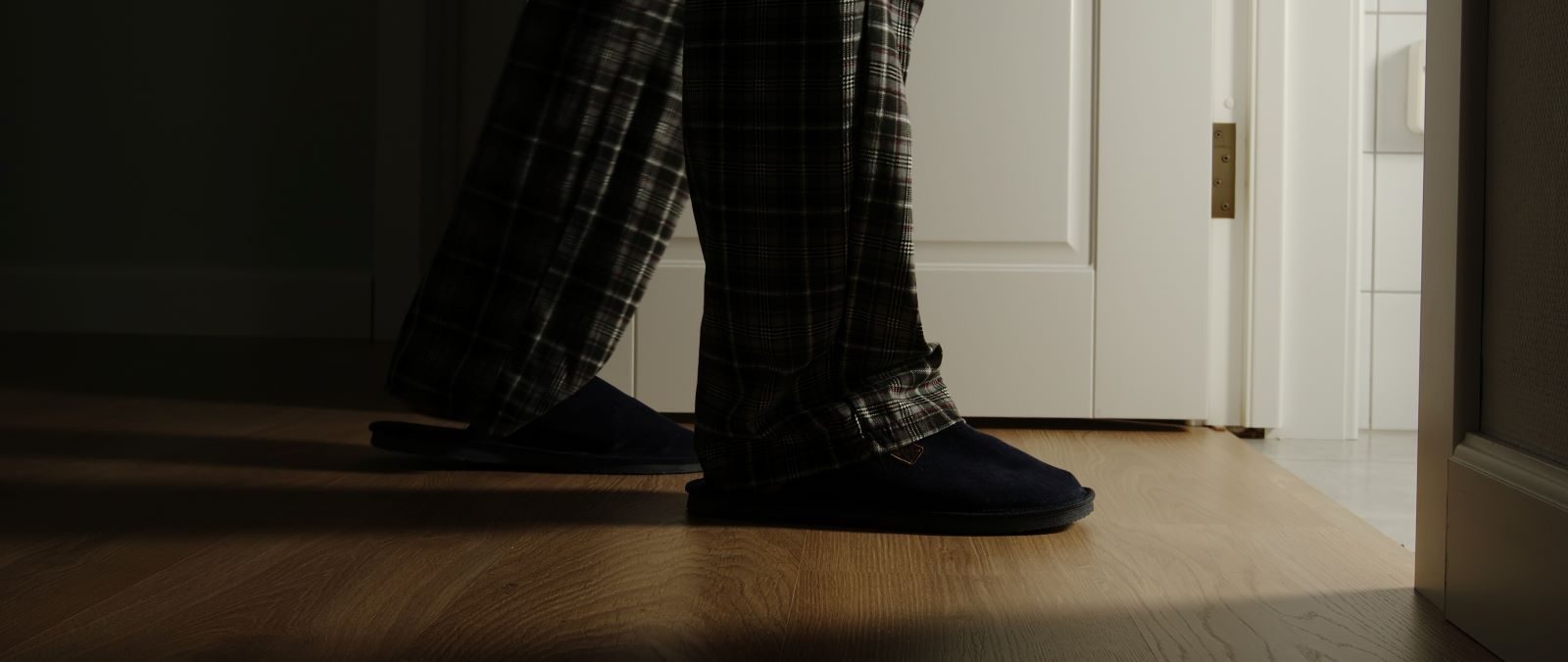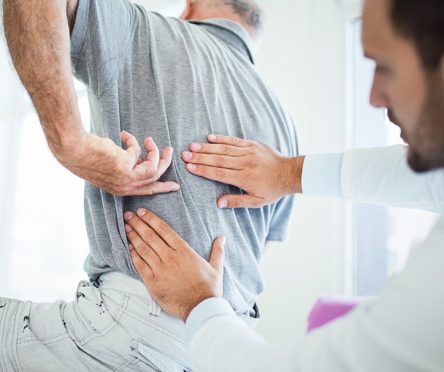In the middle of the night, everything seems scarier — and that includes shuffling back and forth to the bathroom. Is it normal to have to pee at night? Or, lurking in the shadows, do you have another health issue to worry about?
Good news and bad news: It depends.
Jean Wong, MD, urologist at the Tallwood Urology & Kidney Institute in Norwich, explains.
When it might be sleep apnea
Sometimes, two bodily functions that seem completely unrelated are connected. That’s the case with nocturia — the technical term for frequently waking up to pee — and sleep apnea.
“People with sleep apnea have less of a hormone called anti-diuretic hormone, or ADH,” says Dr. Wong. ADH normally dials down the need to pee at night. Because people with sleep apnea have less of it, they tend to wake up more to urinate.
Luckily, when you treat the sleep disorder, you treat the nocturia. If you snore, this could be your answer. Consider a sleep study.
When it might be a prostate problem
Men, this one’s for you.
If you feel like you’re not completely emptying your bladder when you pee, or if you have a slow urinary stream, your bladder will be full again in no time. And you’ll be waking up to pee at 0-dark-hundred.
Both are also signs that you may have something else going on with your health — in particular, your prostate.
“Incomplete emptying or a slow stream can be signs of an enlarged prostate,” says Dr. Wong. “You want to get your prostate checked, especially if you’re a man in your 40s or up. Your urologist can check to see how well you empty your bladder.”
When it might be due to another condition
Nighttime urination and other urinary problems can go along with certain chronic conditions, like diabetes and neurological disorders. With diabetes, it’s often due to nerve issues. For neurological disorders like Parkinson’s and multiple sclerosis, it can come from overactive muscles.
If you’re dealing with one of these conditions, talk to your specialist and consider a referral to urology. They may be able to recommend medication or another intervention to help.
Anytime you experience any of the following, with or without nocturia, talk to a urologist:
- Visible blood in your urine
- Leaking urine, known as urinary incontinence
- Frequent urinary tract infections
> Want more health news? Text StartHere to 85209 to sign up for text alerts
When it might have a simple solution
Luckily, some health mysteries have easy answers — and for most people, peeing at night is one of them: Simply limit how much you’re drinking in the couple hours before bed.
That goes double for certain foods and drinks, which are known bladder irritants. “If getting up to urinate at night bothers you, these are the things you want to avoid,” says Dr. Wong.
Common bladder irritants:
- Alcohol
- Caffeinated drinks like coffee, tea and soda. (Note: “Decaffeinated” does not mean “caffeine-free.” Decaffeinated drinks still have caffeine)
- Sugary drinks and foods
By avoiding the above, your bladder will be able to make it through the night — and you’ll be able to stop roaming the halls.
Instead of getting your steps, you’ll be getting your Zs.



